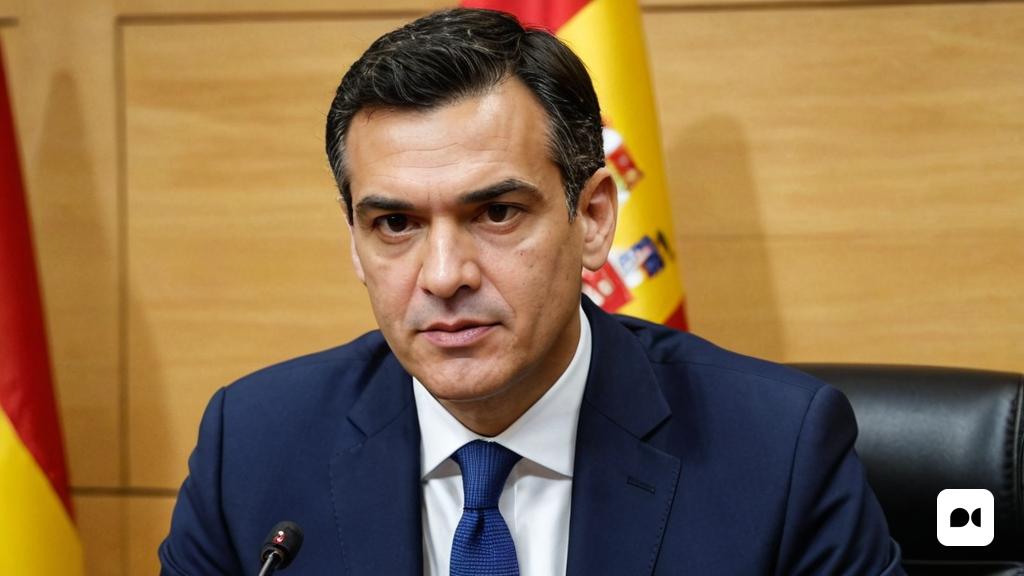The renewal of the judiciary and the distribution of foreign minors
In mid-June, a set of factors precipitated a major state agreement to renew the General Council of the Judiciary, whose mandate had expired for more than five years. European mediation, the electoral truce and the voluntarism of the Popular Party played a crucial role in this process. Less than a month after this event, the Spanish government together with the autonomous communities governed by the PP urgently agreed to distribute 347 unaccompanied foreign minors to various communities in the country. Catalonia, which abstained from this decision, has strained its relations with the central government, demanding powers over immigration and dissatisfied some groups such as Junts. This agreement also caused Vox to break its pacts with the PP in the autonomies where they governed in coalition.
Territorial and financial dispute
In addition to these two agreements, a third pact was reached between PP and PSOE communities to reject the singular financing that Catalonia demanded at the meeting of the Fiscal and Financial Policy Council. These movements fuel speculation about potential agreements between socialists and popular parties in line with the ’78 regime. Esther Peña, spokesperson for the PSOE leadership, has proposed to the PP the possibility of signing ‘big pacts’ if they break with Vox. María Jesús Montero, first vice president and Minister of Finance, also highlights greater chances of success in revising the financing model if it were agreed upon between the two major political forces.
Stability of the ’78 regime and experts’ perspective
Analysts consider that the closeness between PSOE and PP seeks to stabilize the ’78 regime and avoids the government’s dependence on pro-independence forces for crucial agreements. Josep Costa, former vice president of Parliament and national secretary of the ANC, believes it is exaggerated to think that the alliance between Pedro Sánchez and the independentists was shaking the foundations of the regime. According to the jurist, we have already witnessed these ceremonies before, such as with the reform of the Penal Code. Costa adds that these pacts place the PSOE in a central position, allowing it to negotiate both with the PP and with independentists as it sees fit.
Bipartisan interests and political tactics
Toni Rodon, political scientist and professor at the UPF, points out that both PSOE and PP are parties of order and state. Even in moments of high polarization, they reach agreements on essential issues, perpetuating the status quo of the ’78 regime. Collaboration on territorial and structural issues of the system is indicative of this trend. Alberto Núñez Feijóo understands that he cannot always show an aggressive face because he needs to recover more moderate voters.
Strategies and reinforcement of bipartisanship
For Rodon, bipartisanship functions as a ‘grand coalition of state pacts’ although not necessarily of government. Josep Costa argues that PSOE and PP have learned to manage a balance that reinforces their power. After years of decomposition of the bipartisan system, both parties manage to benefit from managing between confrontation and cooperation as it suits them, thus adding support from Sumar and Podemos for PSOE and from Vox for the PP.
The break with Vox and consequences for the independence movement
Vox’s break with the PP left the popular party ‘delighted’, according to Costa. This allows them to retain governments and avoid controversial proposals, trusting in the erosion of Vox in the next elections. This new scenario is perceived as detrimental to the independence movement, as it relegates blocks such as ERC and Junts in their ability to negotiate with the PSOE.
Risks and confirmations of failed strategies
The rapprochement between PSOE and PP confirms the risks of agreeing with the socialists, satellitening the independence movement and reducing its strength. Costa mentions that, without a majority in Parliament, the only remaining force of these would be in Madrid, but this disappears when the PSOE makes an agreement with the PP. Toni Rodon adds that the biggest risk for the independence movement is attempting structural changes, since they collide against a solid rock represented by the alliance of the big parties.
The strategy and objectives of the PSOE
The PSOE keeps the great structures of the Spanish state intact. Costa concludes that any decision of the PP that sees its fundamental interests in danger can be blocked with the collaboration of the socialists. The PSOE’s position on state issues is inflexible, giving in only when it obtains partisan benefits. The state, solid as a rock in the face of these pacts, continues to be strengthened under the regime of ’78.

